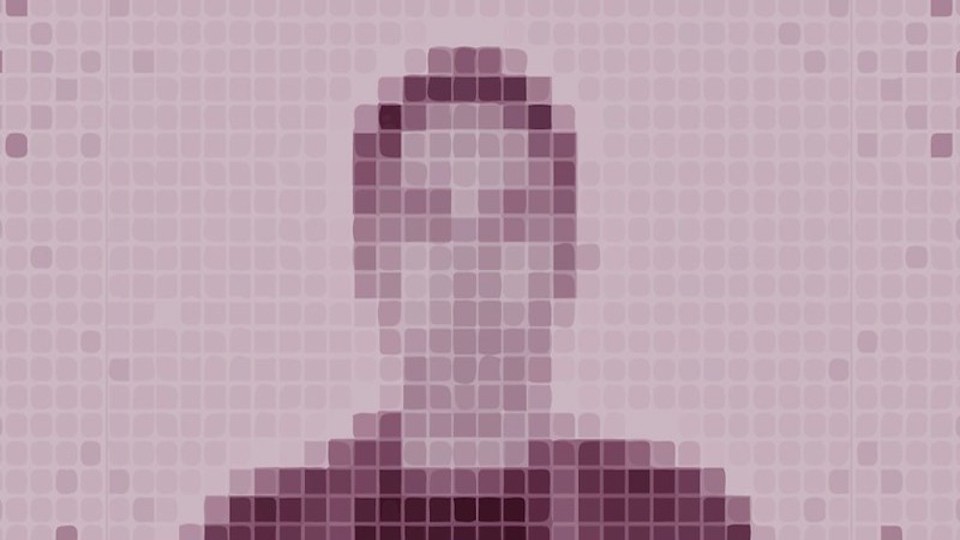Facebook disables facial recognition

Facebook is removing its facial recognition feature, which automatically suggested users to tag in photos. The biometric data of more than a billion people will be deleted. The parent company Meta announced this step on Tuesday, although it still sees areas of application for the controversial recognition technology.
The feature will be shut down globally in the coming weeks, according to a blog post. The company justifies the decision by citing growing societal concerns regarding facial recognition. In addition, regulatory authorities have not yet issued clear regulations on the use of the technology.
Users already had to explicitly agree to facial recognition on Facebook previously. The software then automatically created an individual facial profile that was matched with photos and videos on the platform. Among other things, Facebook suggested tagging recognized people in photos.
Criticism, shutdown and reintroduction
The feature has always been highly controversial: Facebook had already tested it in 2010 and introduced it for all users in mid-2011, and then automatically activated it. Facebook was thus able to build up an extensive biometric database. Biometric data such as facial images are particularly sensitive, however, because they cannot be changed. People can be identified by them for a lifetime.
In Germany, the then Hamburg Commissioner for Data Protection Johannes Caspar had therefore announced legal action against the platform in the same year. He had warned of a considerable potential for misuse and demanded that Facebook obtain users’ permission to store and process their biometric characteristics. The Irish Data Protection Commission had also negotiated with the company on the issue.
As a result, in 2012 the company switched off (in German) the feature again in Europe. It was only three years ago that Facebook made another attempt in Europe. From then on, users first had to activate the feature and consent to the processing of their biometric data. This is required by the European General Data Protection Regulation, which took effect in 2018.
However, criticism did not cease: even after the reintroduction of the feature, Johannes Caspar warned (in German) that the technology would allow people to be identified and tracked automatically. Extensive personal profiles could be created. In addition, there are reasons why people create multiple profiles on Facebook, which could be unintentionally linked through facial recognition.
Consumer protectors: Don’t disclose too much on the Internet
The Federation of German Consumer Organizations (vzbv) had also criticized facial recognition, for example because the names of recognized persons appeared in the automatic image description for visually impaired people. This made it possible to find photos of people and identify unknown persons. The organization recommends (in German) not revealing too much about oneself on the Internet, even without automatic face recognition. For example, users should use a profile picture in which they are not completely recognizable. Those who upload pictures of themselves should consider whether they should be visible to everyone or only to a self-defined group of recipients.
Just last year, Facebook paid $650 million to settle a lawsuit in the US state of Illinois. In Illinois, a law prohibits the collection of biometric data without the consent of the person affected. In the lawsuit filed in 2015, the plaintiffs had accused Facebook of violating the law by automatically activating facial recognition.
Adam Schwartz, an attorney with the U.S. civil liberties organization Electronic Frontier Foundation, welcomed Facebook’s decision and warned, “Corporate use of face surveillance is very dangerous to people’s privacy.”
However, Facebook is not turning away from the recognition technology in general. The company explained that facial recognition could conceivably be used, for example, to gain access to a blocked account. Facebook wants to continue working on this, but promises that users will have control over whether they are automatically recognized.
Facebook is currently under increasing pressure from whistleblower and former Facebook employee Frances Haugen, who accuses the company of putting profits before the safety of its users and the common good. For example, internal indications of developments harmful to users were ignored. Facebook rejects the accusations.
Haugen welcomed the decision to discontinue facial recognition. “I think this shows how important it is that we take a tough stance on Facebook’s actions,” she said. “Because if we unite and demand reasonable things, we can make progress.” (dpa / js)